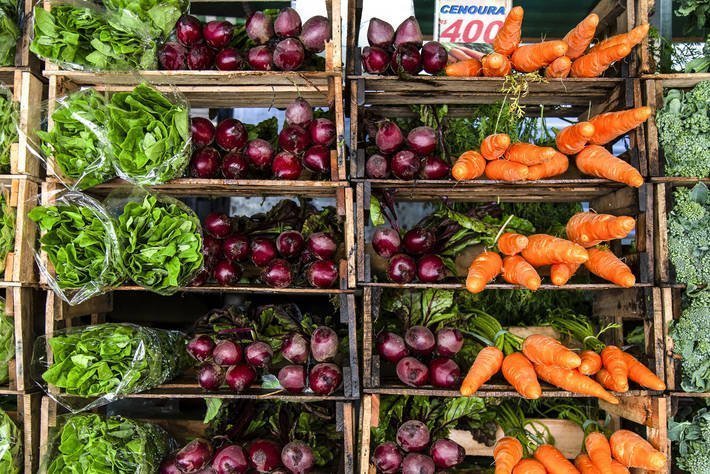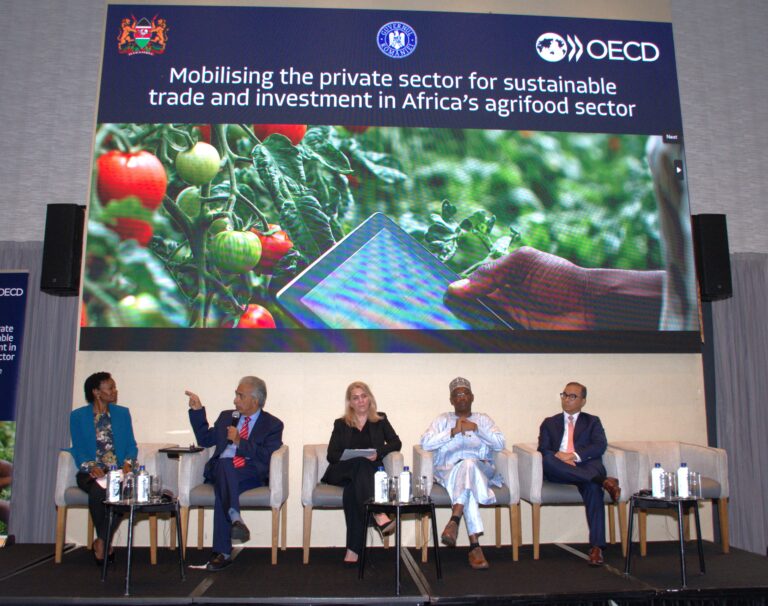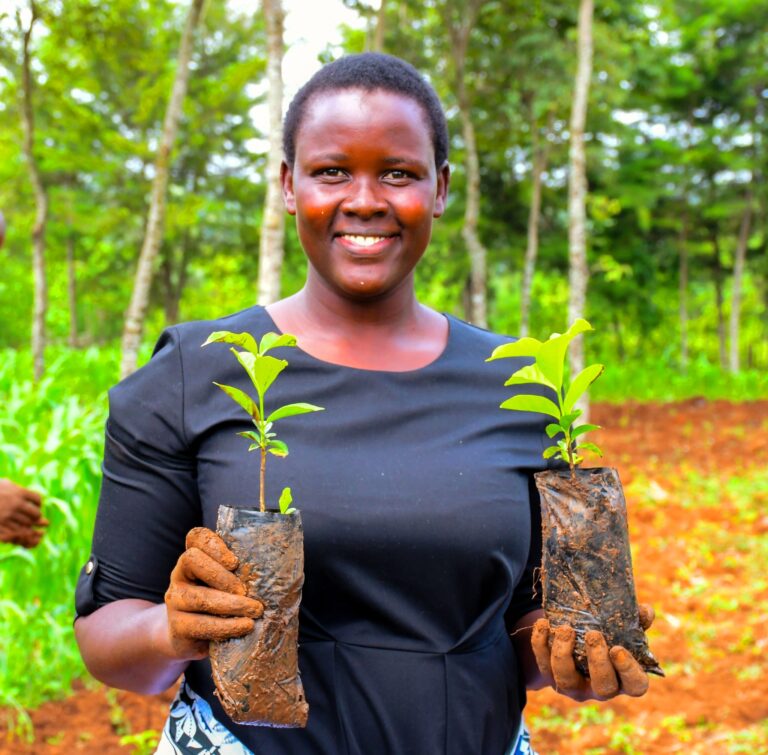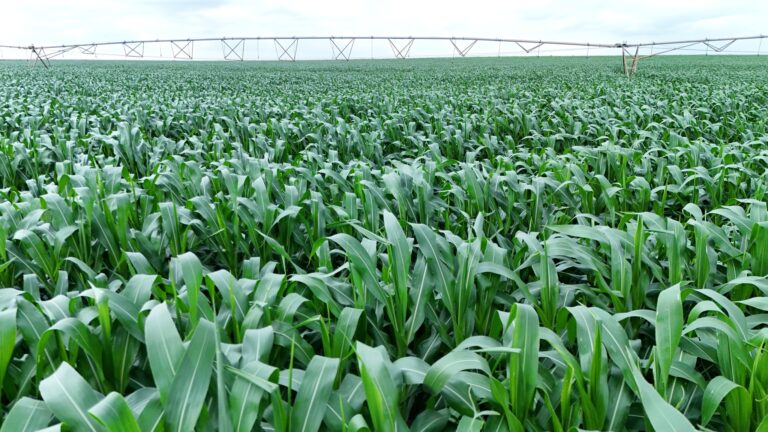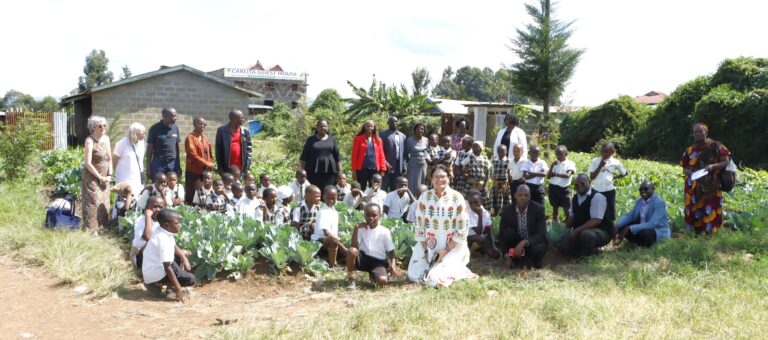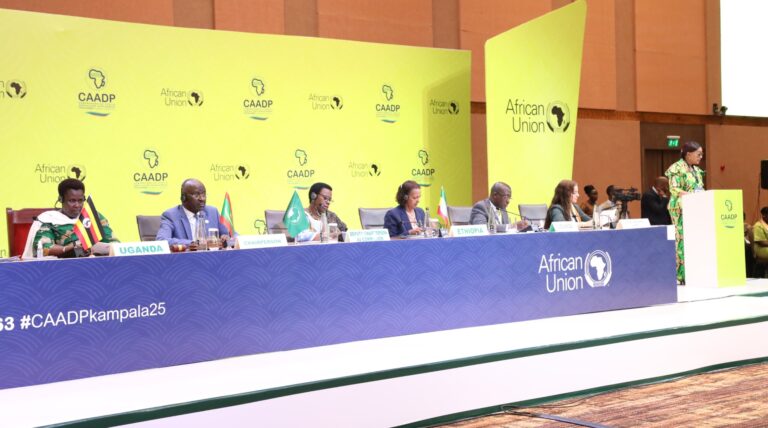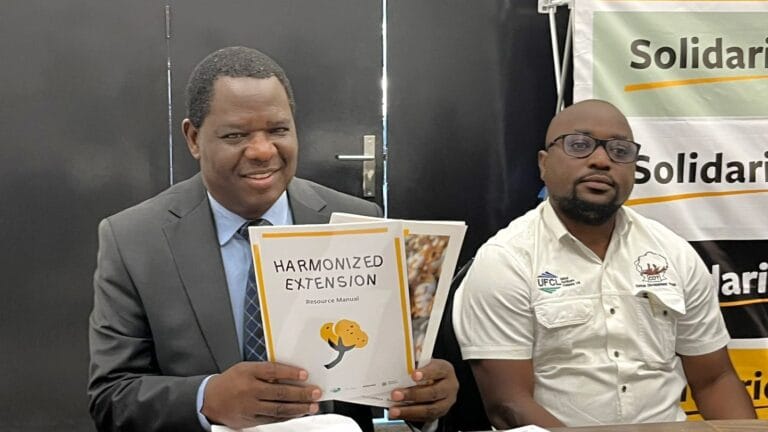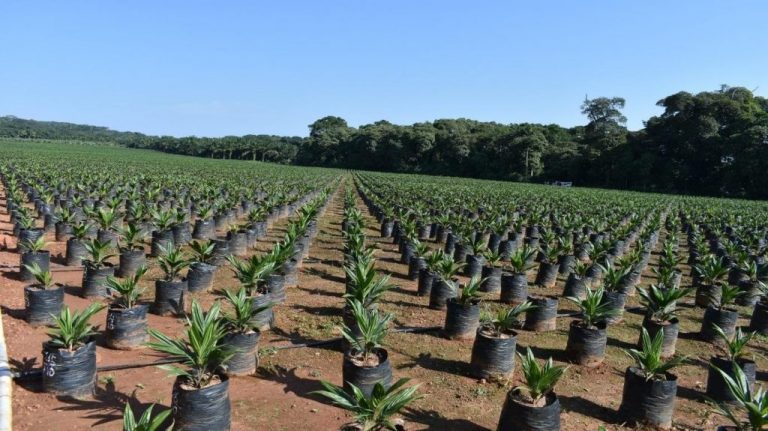The state of food and nutrition security has come into constant focus as the agricultural sector continues to confront the reality of climate change. In Zambia, stunting in children under the age of five years now stands at 35% according to the 2018 Zambia Demographic and Health Survey (ZDHS). Though this indicates a reduction from the 40% recorded in the 2013/2014 ZDHS, poor nutrition still remains a challenge that seriously needs to be addressed.
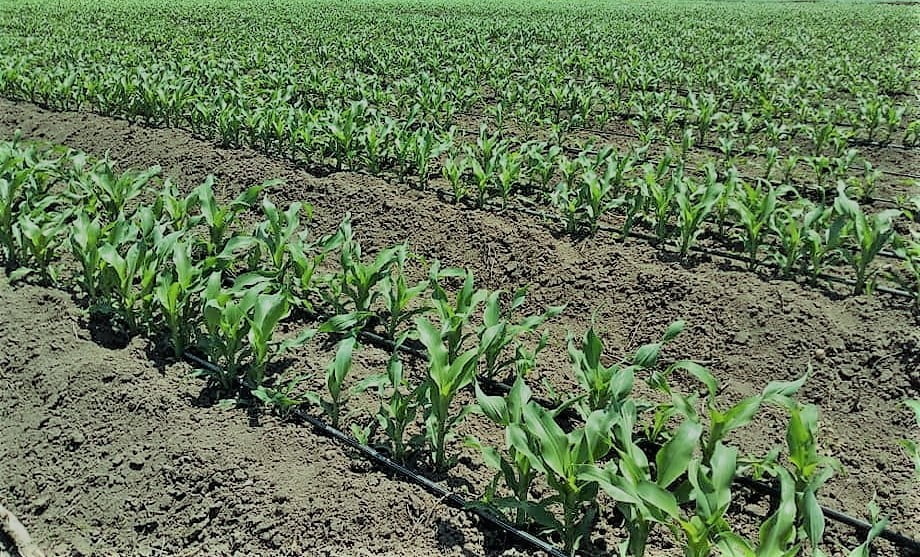
Among the various strategies that the government is implementing to overcome the problem, nutrition-sensitive agriculture is one strategy that is being undertaken through the Ministries of Agriculture and; Fisheries and Livestock, respectively. By using extensions workers, the government is reaching out to vulnerable communities who also happen to be farming communities and educating them on good nutrition practices staring with their agricultural practices.
Nutrition-sensitive agriculture aims to address the real underlying causes of malnutrition through three avenues namely: food production, income generation and women empowerment.
Government’s nutrition-led objectives in the agricultural sector are being supplemented by the Performance Enhancement Program (PEP) II – a program whose overall objective is to support the Zambian government’s objective to reduce rural poverty and; enhance food and nutrition security
Among other notable strategies, the Program is embarking on capacity building of institutions that are key in utilizing various communication mechanisms to encourage farmers to adopt nutrition-sensitive agricultural practices. One effective avenue is empowering extension service workers with necessary nutrition dissemination skills through existing agricultural training institutions.
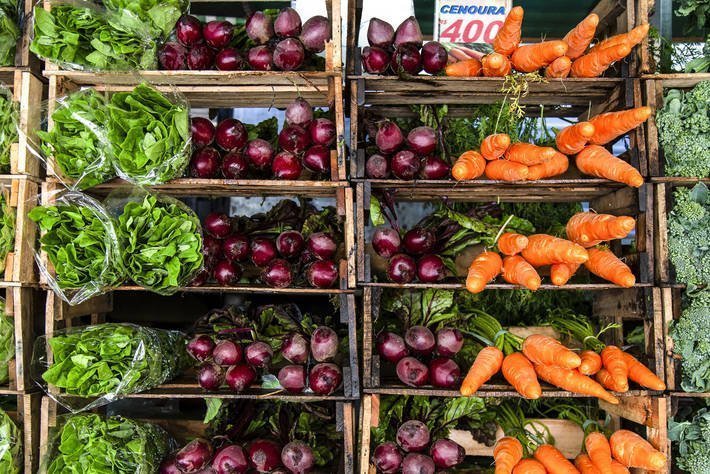
Through training institutions, knowledge on the link between agriculture and nutrition is imparted to aspiring extension workers who are expected to transfer this knowledge to farming communities.
Southern Province is the home of reputable agricultural colleges which include the Zambia College of Agriculture located in Monze, the Zambia Institute of Animal Health (ZIAH) which is in Mazabuka and POPOTA College of Agriculture based in Choma.
Through these institution of higher education, PEP II is facilitating the mainstreaming of nutrition into the college curriculums in order to boost nutrition extension services.
Provincial Agricultural Coordinator, Dr. Max Choombe, explained that enhancing household food nutrition security entails that farmers must produce crops that meet their nutrition needs and enhance the diversification of their diets. As such, extension workers are key in disseminating information that can promote nutrition-sensitive agriculture.
“We are encouraging farmers to grow crops that will not only help them for cash but also for nutrition…So all the three colleges in Southern province are re-designing their curriculum to address the nutrition component,” Dr. Choombe said.
He added that the Ministries working with PEP II had scheduled a series of induction courses which were meant to acquaint already serving extensions workers with the newly introduced nutrition modules.
Dr. Arnold Mulenga, who is the vice principal of ZIAH, explained how PEP II commenced the mainstreaming exercise.
“After doing a training needs assessment, PEP II trained some members of staff, then they introduced the module of nutrition which we’ve already tested and have already incorporated into our curriculum,” Dr. Mulenga said.
The 2019 ZIAH graduates will be the first group of graduates who will have been trained in the new nutrition courses.
Supplementing the mainstreaming of nutrition has not ended there. PEP II has also been facilitating the changes in the college curriculums with some equipment to make learning easier for the students.
Richard Chirwa, who is a Senior Training Officer at POPOTA College, said that through PEP II, the Institution has received some much-need equipment that makes the training as practical as it should be.
“Our training package is such that 60% is practical and 40% is theory so the issue of equipment becomes very cardinal. PEP II really helped us a lot in that area,” Mr. Chirwa said.
POPOTA was initially established as a tobacco production training institution but as times changed, the college transformed into a training centre for sustainable agriculture training in 2013. Mr. Chirwa added that in that vein also, PEP II contributions of equipment have not only improved the quality of education in human food nutrition alone but also the overall training of the students.
POPOTA Vice Principal, Alimo Syanyunta, reiterated the appreciation of the modules introduced to the human food science curricula saying that they were significant the course cut across all courses whether they be crop sciences or animal sciences.
“Our training has a multiplier effect. So once we train these students, they go out there [and] they’ll be employed as extension staff and; they will go out there and disseminate nutrition information to the farmers,” Mr. Syanyunta said.
He added that the college was also in the process of introducing what they called a Bush Week during which students would and educate rural communities on issues of nutrition.
Siyamujompa Mazuba is a Fisheries Extension Officer in Sinazongwe who was trained under the PEP II mainstreaming exercise. As a fisheries officer, his target audience resided in fishing camps around the Lake Kariba.
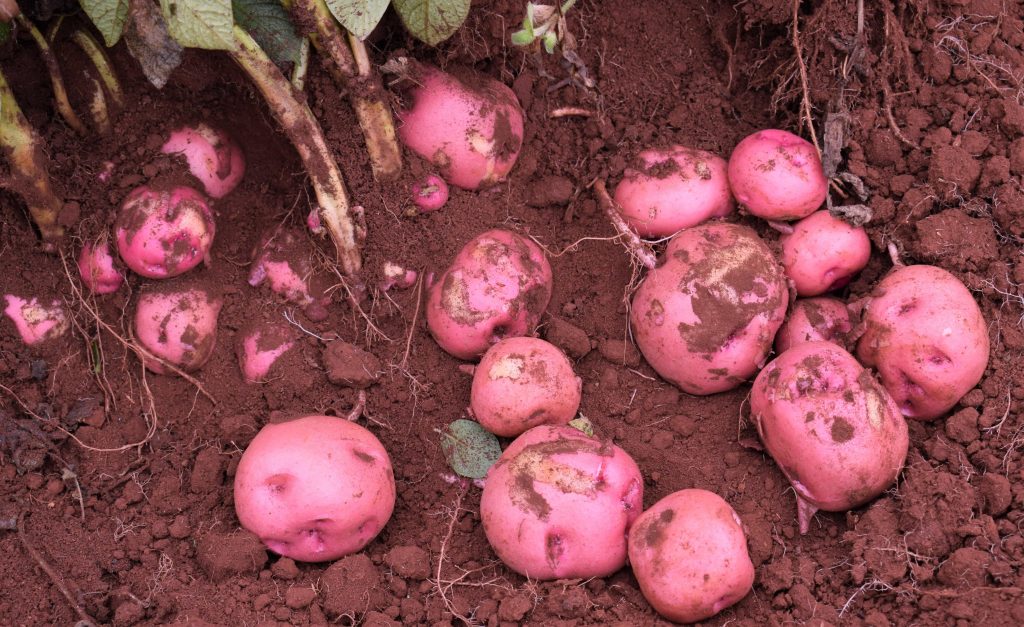
He explained that a common problem among the fishing communities was that fishers tended to sell most of their edible products while keeping the spoiled and rejected fish for their consumption. Therein lay the challenge to educate those communities on the importance of ensuring their own household nutrition as they strove to generate income.
“PEP II has helped us through trainings of fishery extension agents by first educating us on what nutrition-sensitive agriculture is all about and; we have come down to these fish camps and fishing villages to bring down the message. So far we are seeing some improvement in the some fishers have started keeping small livestock, some have started consuming fruits…” Mr. Mazuba said.
Zambia’s Vision 2030 prioritizes the development of human capital which entails having a healthy population. From the agricultural perspective, achieving this vision requires capacity building of extension workers coupled with efforts by farmers to diversify their agricultural practices in order to enhance household food and nutrition security.
Partnerships with programs such as PEP II are therefore a valuable catalyst to achieving the country’s nutrition goals.


